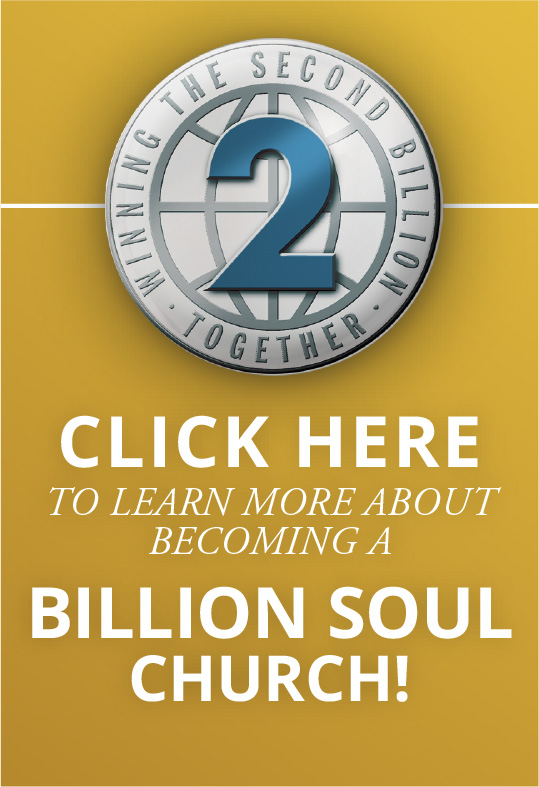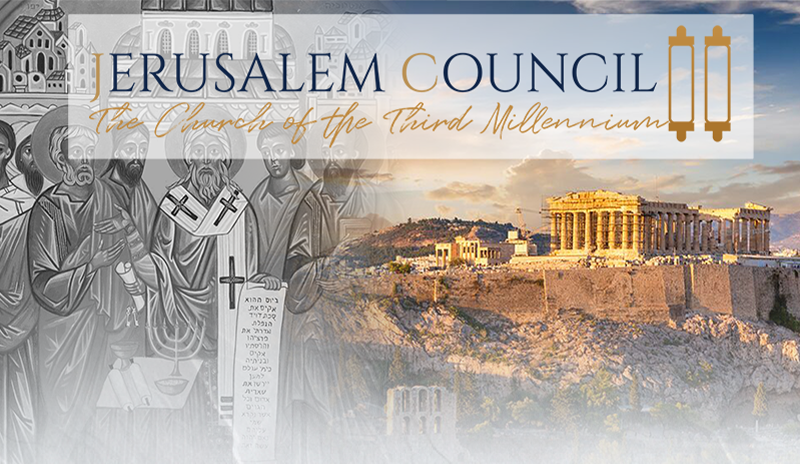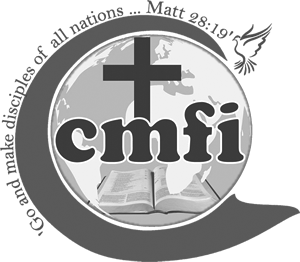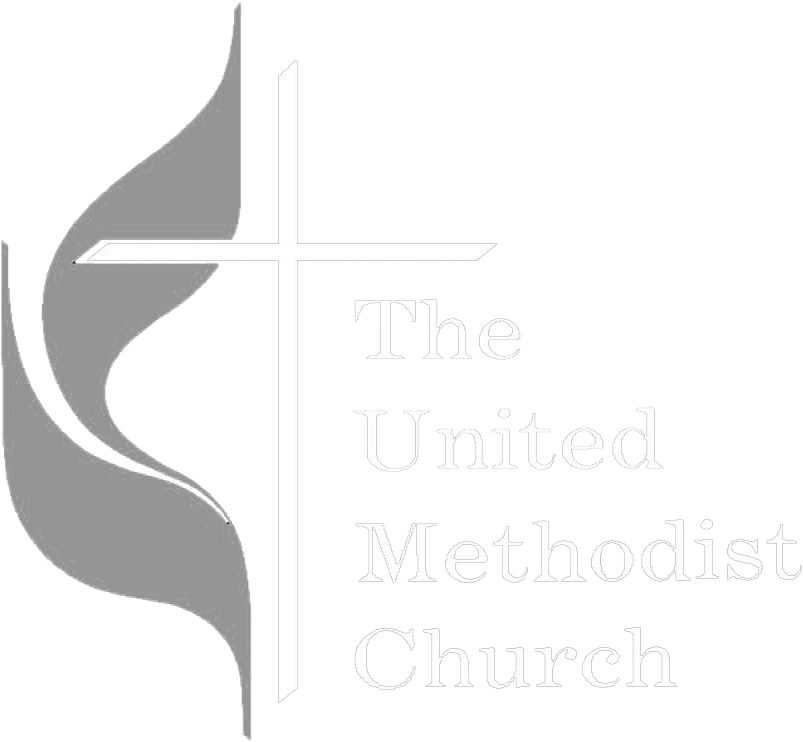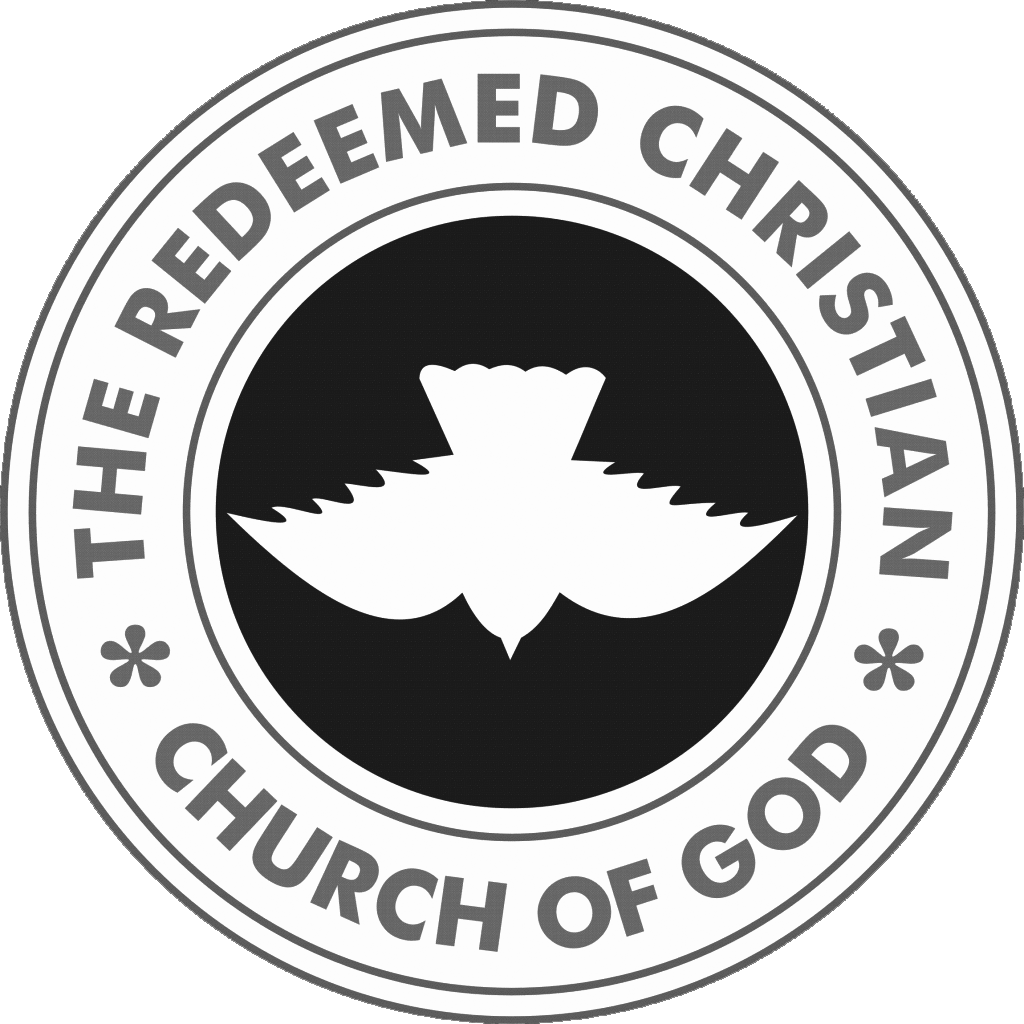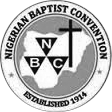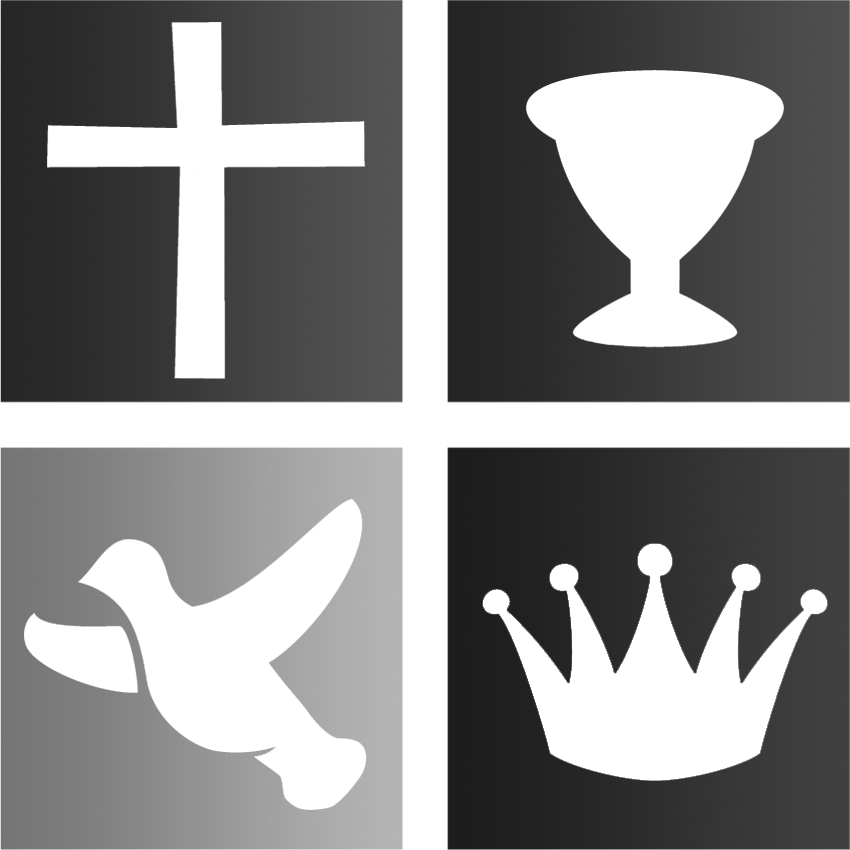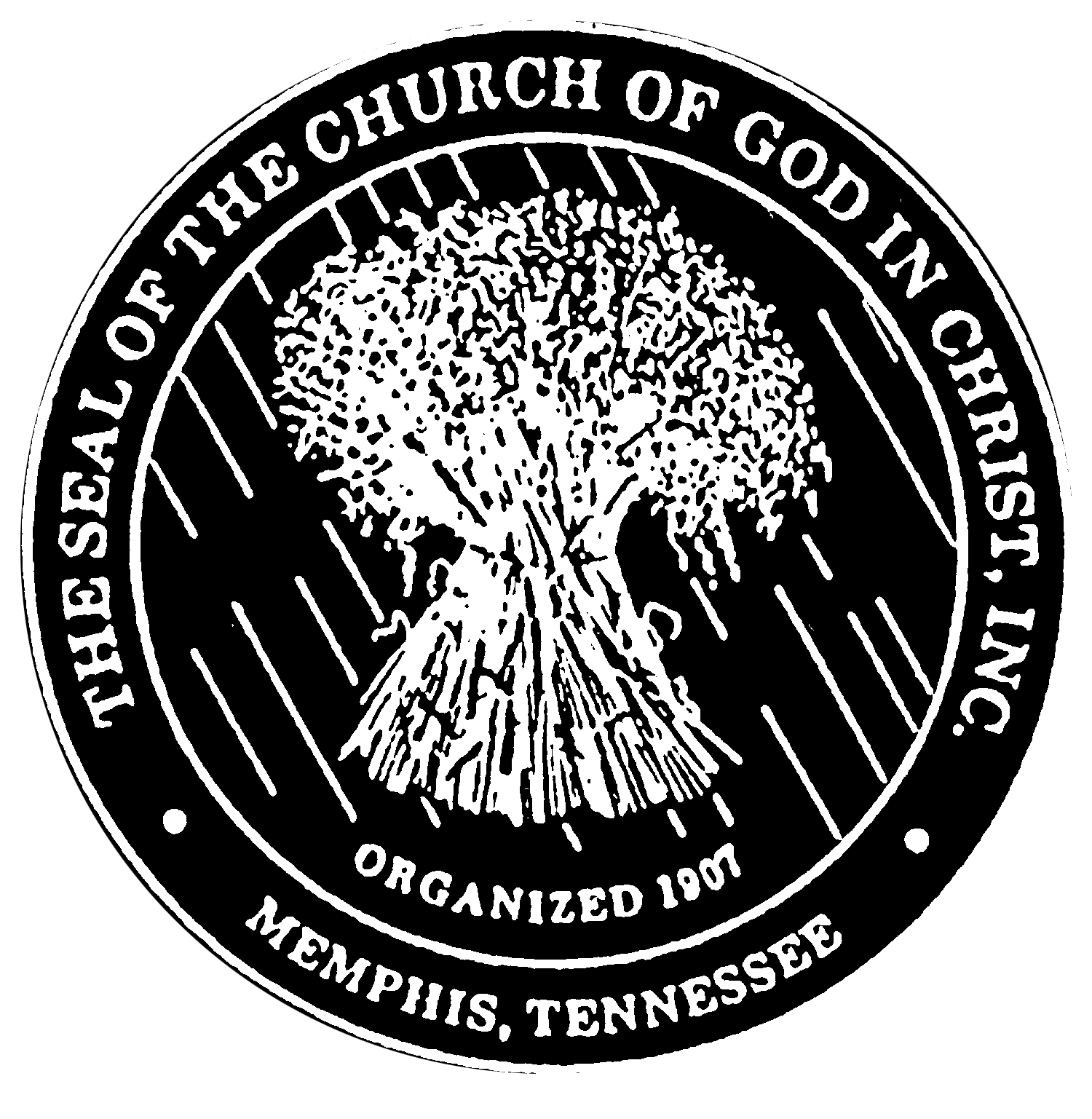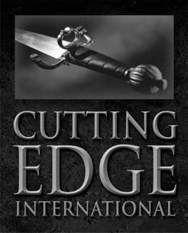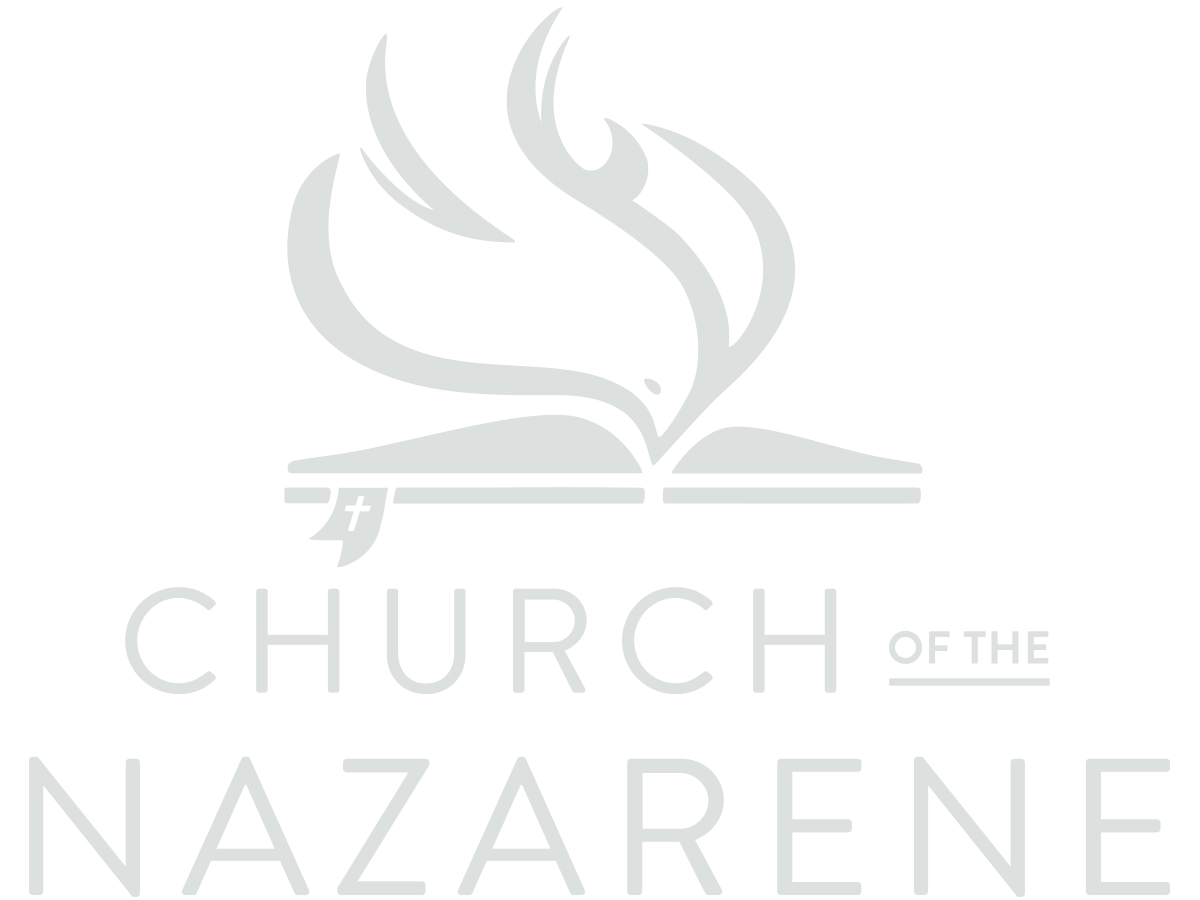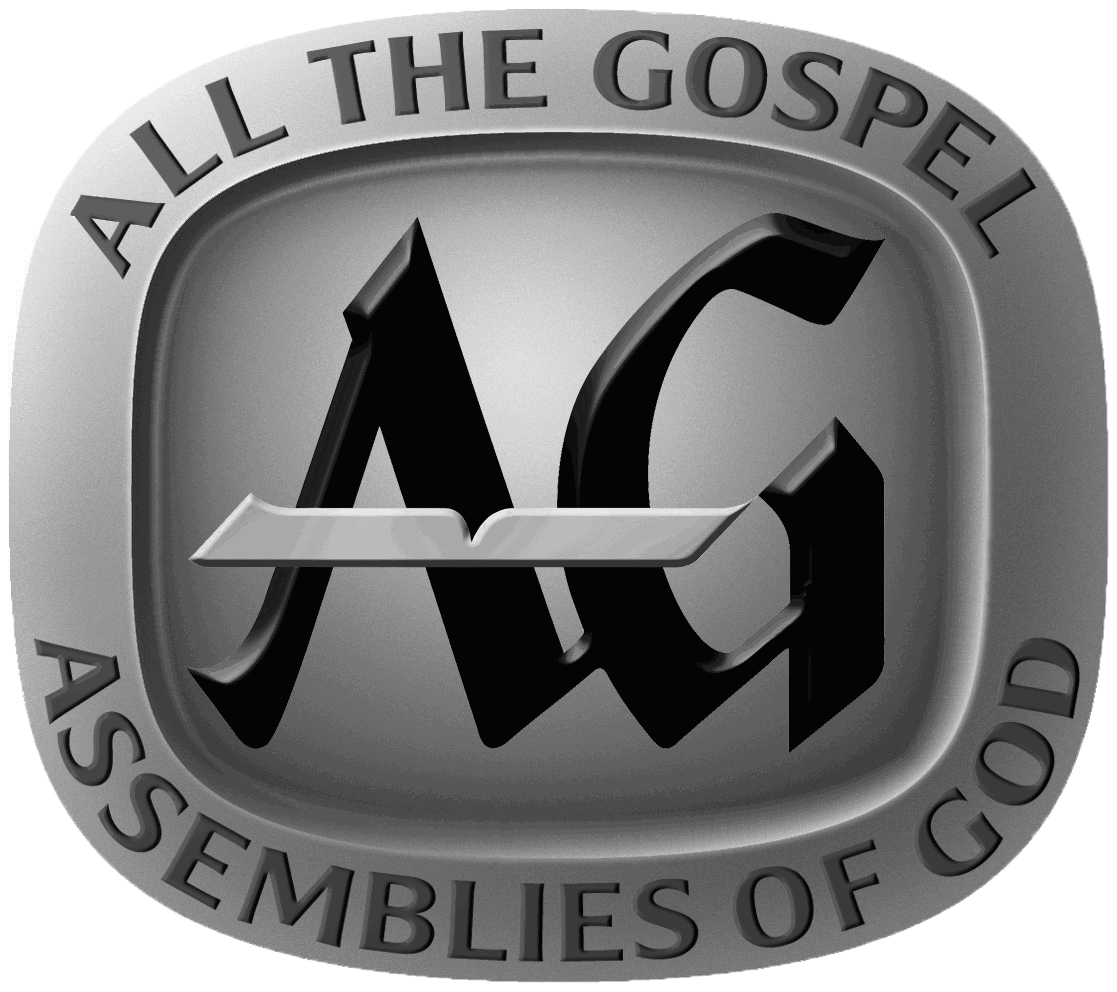Dr. Leonard Sweet & Dr. Carla Sunberg: Complete Overview of Jerusalem Council II Session Three
|
What is the Spirit saying through Jesus and
Our Humanity in Secular Culture?
The Jerusalem Council II third forum began with unifying prayer, calling for divine guidance, collaboration, and courage to pursue God-sized goals beyond mere participation.
 Dr. Leonard Sweet delivered the keynote: “Reclaiming Jesus’ Human Identity for the Third Millennium,” challenging believers to define humanity in an age of AI and transhumanism.
Dr. Leonard Sweet delivered the keynote: “Reclaiming Jesus’ Human Identity for the Third Millennium,” challenging believers to define humanity in an age of AI and transhumanism.
Dr. Sweet proposed the salmon as the updated Ichthys symbol, illustrating five Christ-modeled principles:
- Dual citizenship in salt and fresh water (earthly and divine life)
- Swimming upstream (choosing empathy and authenticity over digital conformity)
- The journey home (returning to our Genesis origin as image-bearers)
- Transfiguration, not transformation, through struggle (inside-out refinement by hardship)
- Self-giving love (ultimate sacrifice that sustains life)His presentation culminated in the “Way of the Salmon” Third Millennium Creed, affirming a countercultural commitment to vulnerability, relational depth, and sacrificial service.
After Dr. Sweet completed his teaching, a facilitated table discussion followed on “Jesus-Human in the Third Millennium,” where one group coined CPR (Close Personal Relationship with God) as the remedy for tech-driven isolation. Global church leaders explored how to reclaim and embrace biblical humanity amid rapid digital and AI advancements. There was a consensus on prioritizing relational, incarnational ministry through home-based gatherings, one-to-one discipleship, and restoring fatherhood.
Additionally, recognition of AI and technology as useful “snacks” for translation, research, and sermon prep—but secondary to the “meals” of in-person community. There was a call to shift from an “efficiency blueprint” mindset to a narrative-driven approach valuing struggle as a catalyst for transformation. Leaders stressed the importance of prayer, fasting, Scripture engagement, and Holy Spirit reliance to counter dehumanization and maintain authentic engagement.
Eighteen Thought Takeaways From Group Discussion

- Authentic humanity is not sacrificed by divine life but enabled through living fully in both earthly and spiritual realms.
- The Church must swim upstream against algorithmic currents—prioritizing face-to-face empathy, slow love, and genuine community over digital shortcuts.
- Knowing and embodying our origin story (Genesis 1–3) anchors identity and guides every choice toward or away from the garden of true humanity.
- True transformation is transfiguration: hardship doesn’t break us but reveals our most beautiful, Christ-like form from the inside out.
- The highest human act is self-giving love—laying down our preferences, privileges, and even our lives for the flourishing of others.
- Close Personal Relationship (CPR) with Jesus is the essential antidote to substituting AI or digital avatars for human connection.
- Passion for compassion: a huge heart for the lost is central to our God-given responsibility.
- First-century model: return to smaller, home-based fellowships for deeper spiritual growth.
- Incarnational ministry: one step into people’s lives—digital is inherently limited.
- AI as tool, not replacement: leverage for speed and scale but guard against relational erosion.
- Story over blueprint: embrace life’s detours and hardships as means of Christ-likeness (Romans 8:28-29).
- Restore fatherhood and strong families to fill the void left by societal dehumanization.
- Genuine joy and shared meals: antidotes to isolation and consumerism in church life.
- Bear one another’s burdens (Galatians 6:2) and cast all cares on God (1 Peter 5:7) as foundational practices.
- Spiritual Renewal: A call for fresh spiritual awakening and heightened receptivity.
- Strategic Focus: Church planting, evangelism, and discipleship highlighted as ministry pillars.
- Worship Integration: Music used to acknowledge God’s presence and reinforce communal focus.
After our intense prayer time led by Dr. Ronnie Floyd, Dr. Kurt Dillinger brought life-changing presentation on “The People Of The Womb And The Great Commission.”
The People Of The Womb And The Great Commission
 Jesus Christ has commissioned His Church to go into all the world, proclaim the good news, and make disciples of all nations (Matt. 28:19). Yet in fulfilling this sacred calling, have we considered the smallest, most vulnerable image-bearers among us: the People of the Womb? These preborn children inhabit every nation, yet they are often absent from our discipleship strategies, theological conversations, and gospel outreach. At the heart of the Gospel is the glory of God in the redemption of sinners. In His love, He declares the worth of every human being, revealing their value through His purpose and redemptive plan. This divine declaration is inseparably tied to the sanctity of human life from its very beginning.
Jesus Christ has commissioned His Church to go into all the world, proclaim the good news, and make disciples of all nations (Matt. 28:19). Yet in fulfilling this sacred calling, have we considered the smallest, most vulnerable image-bearers among us: the People of the Womb? These preborn children inhabit every nation, yet they are often absent from our discipleship strategies, theological conversations, and gospel outreach. At the heart of the Gospel is the glory of God in the redemption of sinners. In His love, He declares the worth of every human being, revealing their value through His purpose and redemptive plan. This divine declaration is inseparably tied to the sanctity of human life from its very beginning.
This paper offers a biblical and missional call to recognize the preborn as an overlooked group and respond with gospel-driven action. It is a clarion call for the global Church to include the People of the Womb in our vision of the Great Commission and to reflect the Father’s heart in both word and action.
Jerusalem Council II
Contemplating Evangelism
1700 Years After Nicaea
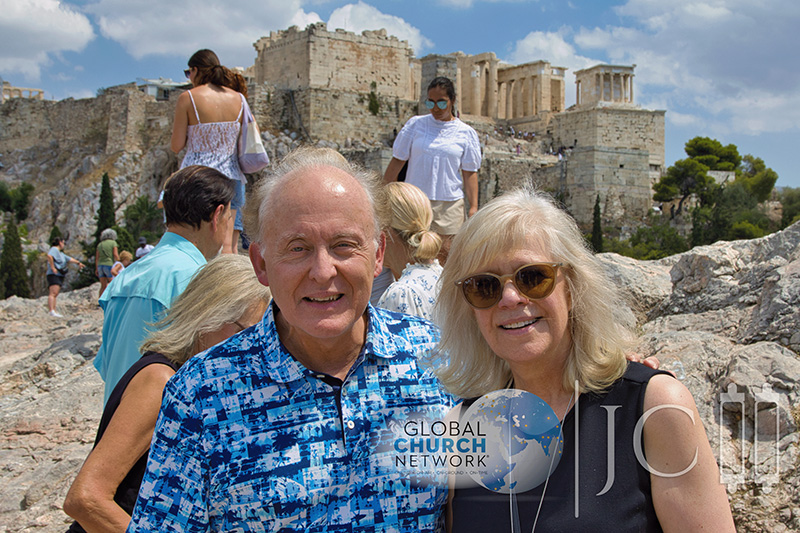 Dr. Carla Sunberg, General Superintendent of Church of the Nazarene brought an outstanding, powerful presentation. At the original Jerusalem Council meeting the church was grappling with evangelism. It was a good problem, because the church was growing and reaching out and ministering to the gentiles. At the same time, this growth brought with it new questions for the church to consider.
Dr. Carla Sunberg, General Superintendent of Church of the Nazarene brought an outstanding, powerful presentation. At the original Jerusalem Council meeting the church was grappling with evangelism. It was a good problem, because the church was growing and reaching out and ministering to the gentiles. At the same time, this growth brought with it new questions for the church to consider.
In the year 325 the church’s first ecumenical council was held in the town of Nicaea, not far from today’s city of Istanbul. An ecumenical council is a worldwide gathering of bishops and other church leaders, recognized as representing the universal church, convened to deliberate and make authoritative decisions on issues of doctrine, discipline, and practice. Between the first council in Jerusalem and the first ecumenical council in the year 325 the church had grown, stretched, evangelized, and eventually become recognized by the government. It was the secular leader of the day, Constantine, who chose to bring the church together in Nicaea.
In Jerusalem Council II, we again grappled with the question of evangelism, but also with some of the same questions that they had 1700 years ago in Nicaea. Where do we go from here? What is the Spirit saying to us?
Get the Leadership Guide! |
Contemporary society questions whether evangelism is dead. In reality, that question may be more about methodology than the spirit of evangelism, or the sharing of “good news” that originally led to the expansion of Christianity. With the above in mind, we reached back 1700 years, into the fourth century, and there we may discover a wellspring of understanding that informs and provides a paradigm for practice that may bear powerful fruit today!



